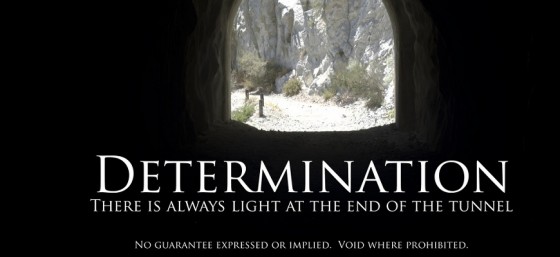
When business owners are launching their new venture, they can get so excited about launching the business that they don’t put the energy into making sure they have the structure of their business relationship laid out. Why would they want to do that? That sounds really boring and kind of a downer when you think about it.
Even though it might seem boring or superfluous, people who are going into business need to have a meeting of the minds and address some of the hard questions that come with owning a business. It might be the first stressful conversation you have to have and it’s a good way to gauge how well your partner(s) communicate under stress. You might learn that they’re an irrational nutball when things aren’t smooth sailing and you don’t want to go into business with them.
When I’m working with new business owners, here are some of the questions I throw at them to see how well they’ve thought through their plans.
- When and how much will each owner get paid?
- What happens if an owner gets divorced? Becomes disabled? Dies?
- What are each person’s responsibilities? How much can each owner spend without getting the other owner(s) approval?
- If the owners are deadlocked on a decision, how will you resolve it?
- What should happen if an owner isn’t performing up to par?
- What will happen if an owner wants out?
- Under what circumstances can an owner kick another owner out of the company? What will the process be?
- What’s the goal of the business, including the exit strategy?
Ideally, these answers should be a part of the owners’ operating agreement if they have an LLC or otherwise documented in a master plan so everyone’s on the same page. Business divorces can be as messy as family divorces, especially when the owners didn’t figure some of these things out in advance.
It’s much easier to deal with these questions when everyone’s happy and thinking about what’s fair and what’s best for the business than to wait until everyone’s pissed off at each other and looking for ways to get ahead or screw over the other owner(s).
Before you start a new business, talk about the hard questions with your potential partners before you launch your venture and consider meeting with a business mentor and/or a business attorney to make sure that you’re setting yourselves up to be a success from all angles from the beginning.
You can connect with me on Twitter, Google+, Facebook, YouTube, LinkedIn, or you can email me.
You can also subscribe to the Carter Law Firm newsletter.
Please visit my homepage for more information about Carter Law Firm.






